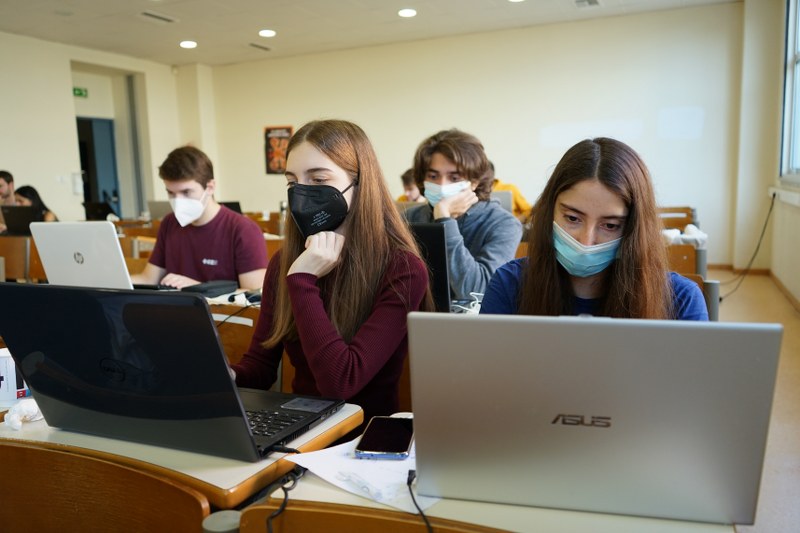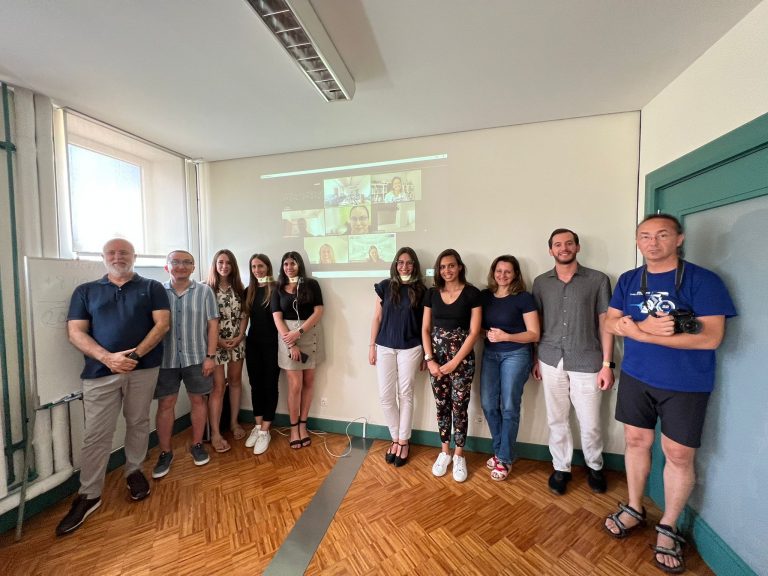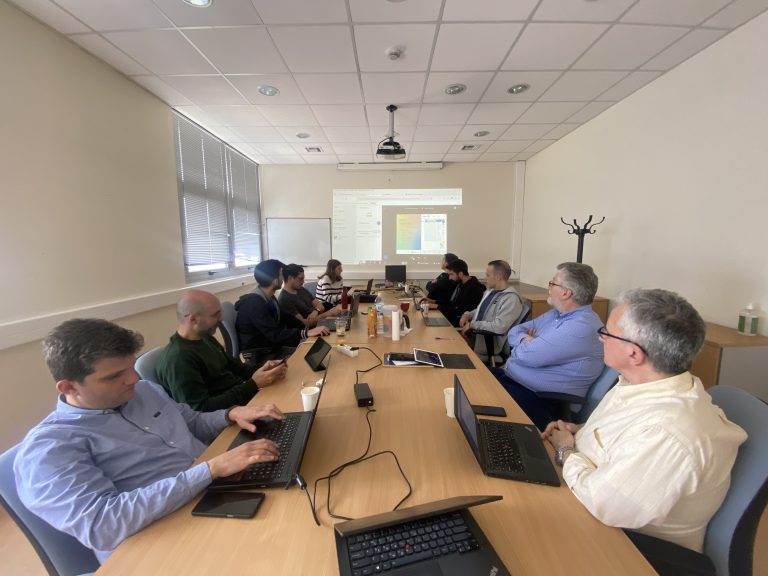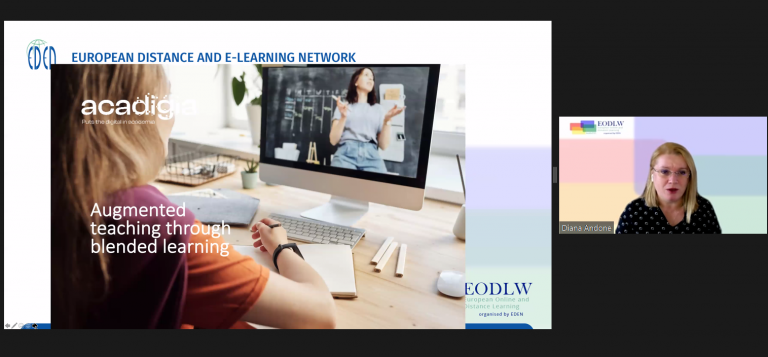Within the ACADIGIA project, NTUA has realised an assessment study regarding the current status of adoption of distance learning tools and strategies in Polytechnic institutes across Greece. The study has been based on the monitoring of the approaches followed by various Polytechnic institutes for adapting the way of providing their courses in the last 18 months. A set of interviews was conducted with representatives from various Polytechnic institutes across Greece. It can be claimed that during this period, huge progress has been achieved on the effective usage of distance learning tools by Higher Education Institutes (HEI), both in terms of infrastructure and mentality of academic personnel and students.
Most of the challenges were faced during the first lockdown period due to Covid 19 (April-May 2020), where the lack of videoconferencing infrastructure was evident in some cases. Acquisition of proper licensing schemes and setup of dedicated on-site infrastructure for supporting real-time videoconferencing and video-on-demand services took place. This was required to tackle -as much as possible- connectivity and congestion issues in the national and international communication networks. Each HEI selected a set of videoconferencing tools based on the existing expertise and preferences of the personel, as well as the available licences and infrastructure to support them. Also, considering the limitations in the support of parallel sessions, time rescheduling of some courses had to be applied.
Active participation and engagement of students was also a big challenge. More interactive learning material was prepared (in some cases from scratch) to engage students as much as possible, accompanied with extra progress checkpoints and more online exercises during the semester. It can be claimed that the majority of the students received well the transition from in person classes to online classes. They enjoyed joining the classes at their own pace from their home. Online assessment took place in most of the cases (questions in online forms, online labs, short interviews with students), where authentication of students was usually made via online camera streams.
Finally, regarding the HEI support to professors, specific documentation was prepared on how to use the supported tools. In some cases, the HEI created a specific team of professors derived mostly from polytechnic schools that supported ad-hoc professors from different disciplines with less technical background (law schools, humanitarian etc.) who faced many difficulties at the moment of adoption of the new technologies. HEI also published specific protocols on how to tackle covid symptoms within class as well as a set of steps to follow for the secure realization of in-presence classes.








